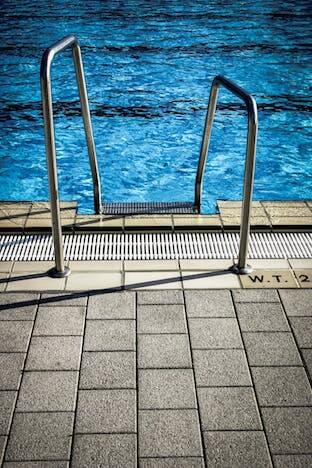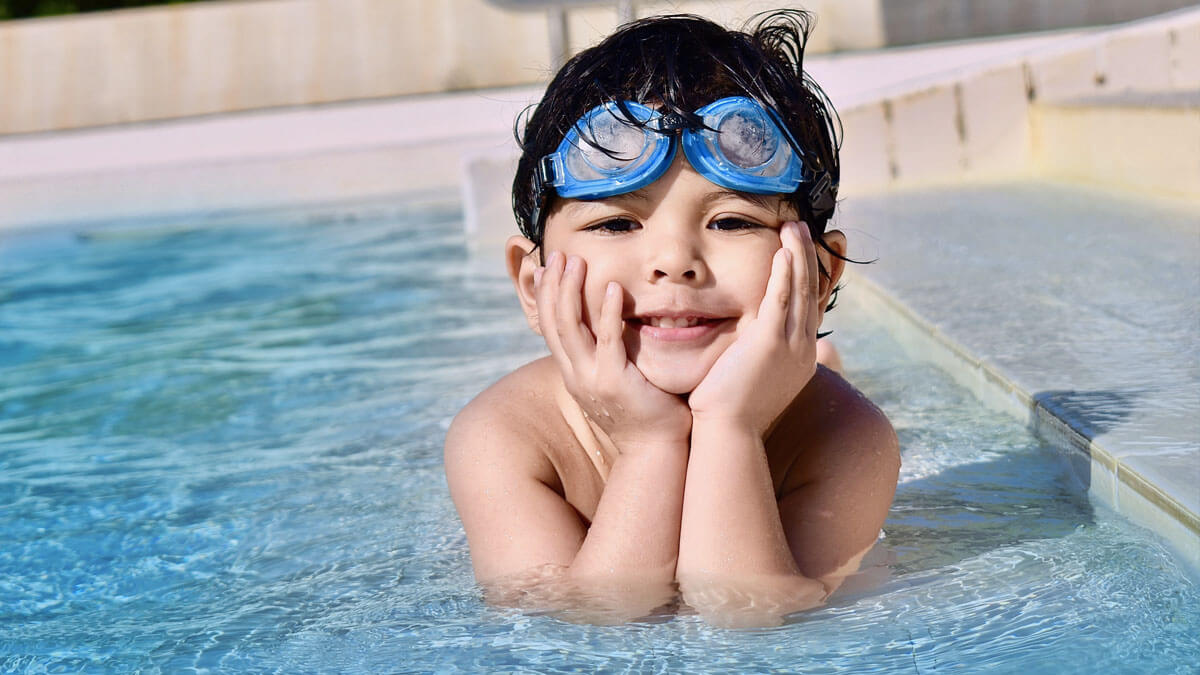It is the start of the second half of the year 2020 and the general community quarantine (GCQ) has officially begun. Whether you’ve returned to your regular workplaces or still working from home, you must be feeling the scorching heat in the metro. It would sure be nice to splash in the beach or a pool. One would ask – is it safe to go swimming during the coronavirus pandemic? Would you even risk it?
Pooltime, like most public activities will be slightly different because you’ll have to take a lot of safety precautions as the world faces the COVID-19 crisis.
A Business Insider article by Anna Medaris Miller says that if you want to swim, you should do just that and avoid other things like loitering, horsing around the pool area, or chit-chatting with your toes in the water. Pools properly treated with chlorine are quite safe from the virus but close contact with others above water or inside the locker rooms is definitely risky.
Remember the following:
The coronavirus doesn’t spread through water.
It’s a respiratory, not water-born illness. It spreads via spit droplets that fly through the air. The virus is likely diluted when it hits the water so it is no longer an issue.

The article points out three key reasons why that’s not a concern with the novel coronavirus.
- Joseph Eisenberg, chair of the epidemiology department at the University of Michigan’s School of Public Health told Insider that “In general, respiratory pathogens don’t survive in the water.”
- Eisenberg also said, “It’s a respiratory virus, catching it involves inhaling it, not swallowing it.” When it comes to avoiding the coronavirus, those two are enough reasons to make fresh or saltwater swimming relatively safe.
- When you add chlorine to the mix, the coronavirus is a highly unlikely threat.
The Centers for Disease Control and Prevention also said that “there is no evidence that the virus that causes COVID-19 can be spread to people through the water in pools, hot tubs, spas, or water play areas. It says that treating these types of facilities with chemicals including chlorine should inactivate the virus in the water.”
Krista Wigginton, an associate professor of environmental engineering at the University of Michigan’s College of Engineering told Insider that “Chlorinated pools, in particular, pose very little risk from swimming because these viruses are very susceptible to chlorine disinfection. The bigger risk from all of these activities would be from interacting with others who are talking, coughing, or sneezing nearby.”
Follow Physical distancing, and avoid locker rooms
Staying away from others will lessen the risks of exposure when you go swimming in public.
Practise safety by avoiding breathing on others especially since nobody wears a mask when swimming. Keep moving and keep a safe distance between you and other swimmers. Since the virus prefers enclosed spaces, outdoor pools will be a safer choice over indoor ones.
The locker area can expose you not only to mask-less individuals but also to surfaces like doorknobs and shower handles where the virus can harbor.
Best to make sure the pool is constantly disinfected and with proper pH level. Shower at home with soap before AND after entering a pool, wash your swimsuit, and do your best to avoid swallowing water to avoid other water-borne diseases. Don’t forget your sunscreen too especially after months without sun exposure due to the quarantine.
Read the full Business Insider article here:
Click here for more stories like “Swimming during the coronavirus pandemic: Is it safe?: Is it safe?”. Make sure to follow and subscribe to our social media accounts: Facebook, YouTube, Instagram, and Twitter.






















